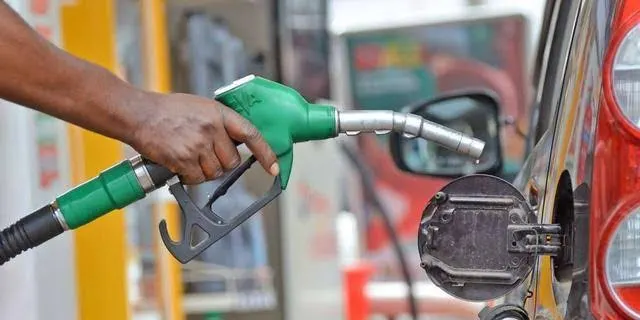Starting in January 2026, the Nigerian government plans to introduce a new petrol consumption tax, which will alter the way citizens pay at the pump. Under this policy, Nigerians will now pay a 5% levy — roughly ₦500 for every ₦10,000 spent on petrol.
According to officials, the move is part of efforts to push the country toward cleaner energy alternatives and reduce reliance on fossil fuels. Importantly, the tax will not apply to kerosene, cooking gas, Compressed Natural Gas (CNG), or other clean energy options.
The government states that revenue from the levy will be directed towards renewable energy initiatives and projects that address climate change.
But while the initiative sounds like a win for sustainability, not everyone is convinced. Analysts warn that the tax could worsen inflation, especially as transport costs are likely to shoot up. Critics argue that the flat rate will weigh heavily on poorer households, who are already stretched thin by the high cost of fuel and living expenses.
For the government, this is a step toward cutting fossil fuel dependence. For everyday Nigerians, however, the bigger question remains: how much more pressure can households and businesses absorb before the push for greener energy starts to feel like just another burden?















